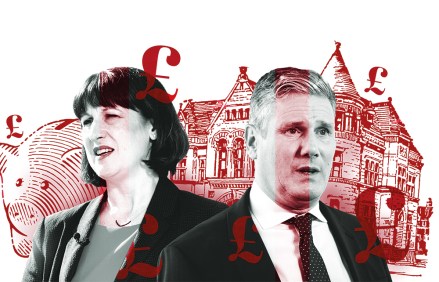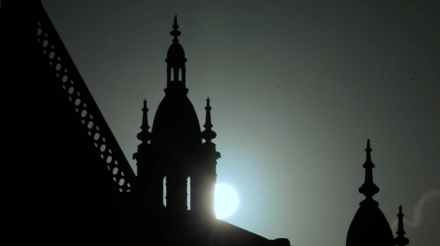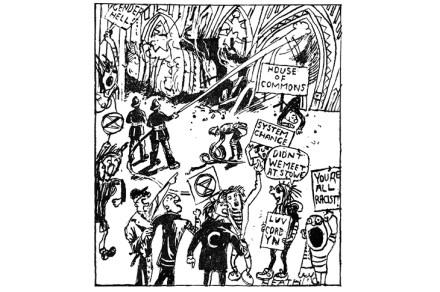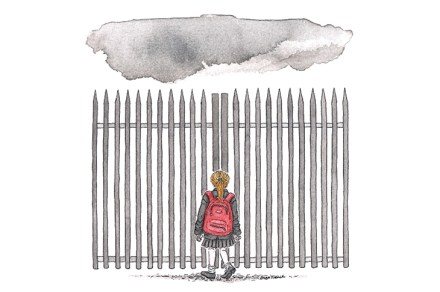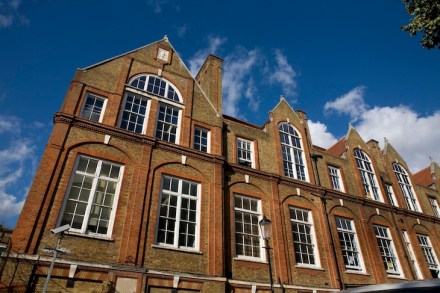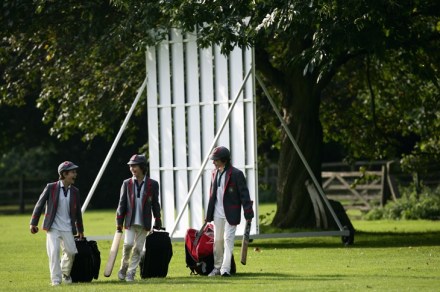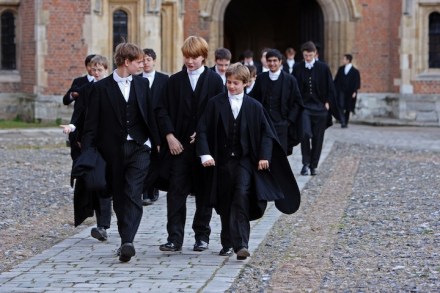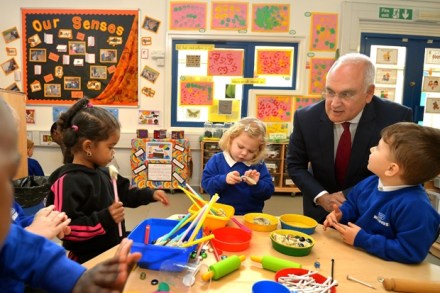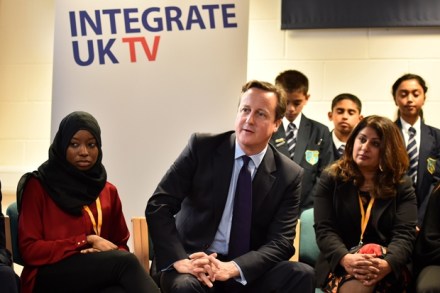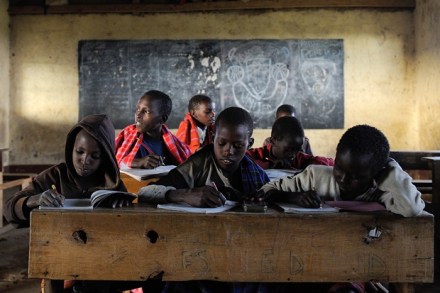How many countries have conscription?
Halfway points Rishi Sunak told us we would have an election in the second half of the year, and we will have one on 4 July. When, exactly, is the halfway point of 2024? – There are 366 days in 2024, so we will be halfway through after 183 of them. That brings us to midnight at the end of 1 July, a day later than many might assume. – However, there is also the effect of daylight saving, which takes a hour away from March and puts it in October, shifting the halfway point of the year forwards by an hour to 1 a.m. on 2 July. Only two days of



